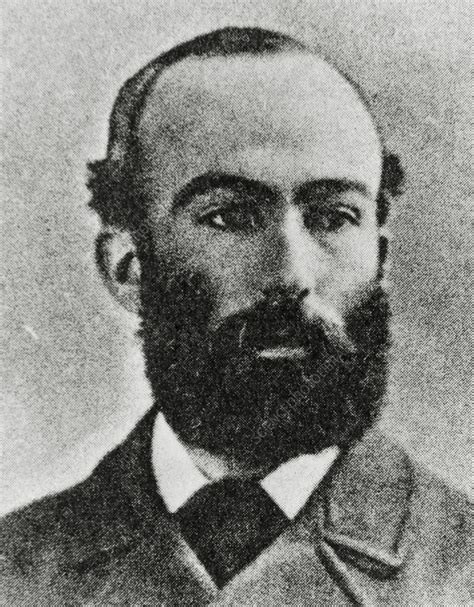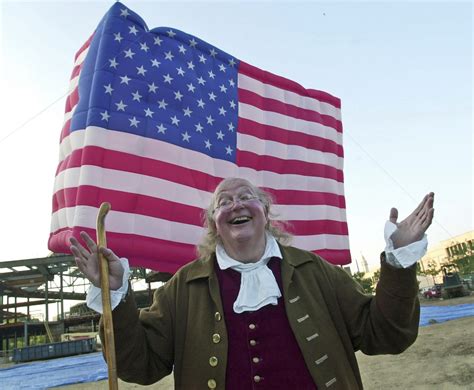A Quote by Mikko Hypponen
Governmental surveillance is not about the government collecting the information you're sharing publicly and willingly; it's about collecting the information you don't think you're sharing at all, such as the online searches you do on search engines... or private emails or text messages... or the location of your mobile phone at any time.
Related Quotes
Snowden has presented us with choices on how we want to move forward into the future. We're at a crossroads and we still don't quite know which path we're going to take. Without Snowden, just about everyone would still be in the dark about the amount of information the government is collecting. I think that Snowden has changed consciousness about the dangers of surveillance.
Children know that if they have a question about the world, the library is the place to find the answer. And someone will always be there to help them find the answer-our librarians. (A librarian's) job is an important one. Our nation runs on the fuel of information and imagination that libraries provide. And they are in charge of collecting and sharing this information in a helpful way. Librarians inform the public, and by doing so, they strengthen our great democracy.
We have to remember that information sharing is restricted by legal barriers and cultural barriers and by the notion that information is power and therefore should be hoarded so if you share information you can extract something in exchange. In today's digital online world, those who don't share information will be isolated and left behind. We need the data of other countries to connect the dots.
If you have 15 minutes per visit, and you spend the first 9 minutes just collecting information from them, before you do anything else, you know half of your visit is gone already. So if you have an automated system that has most of that and, and in some cases I actually have patients complete questionnaires before they come in, so I'd gotten most of the information I need to ask about, already recorded, instead of having 9 minutes I can take 3 minutes to review all this information.





































